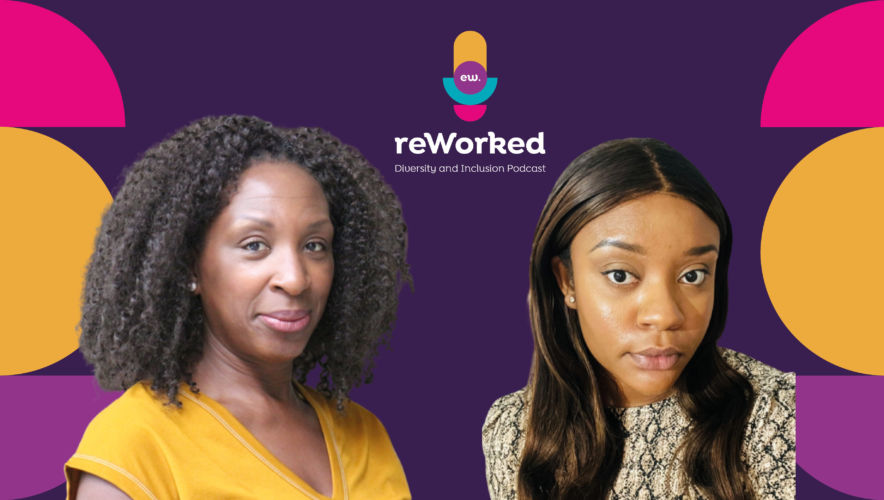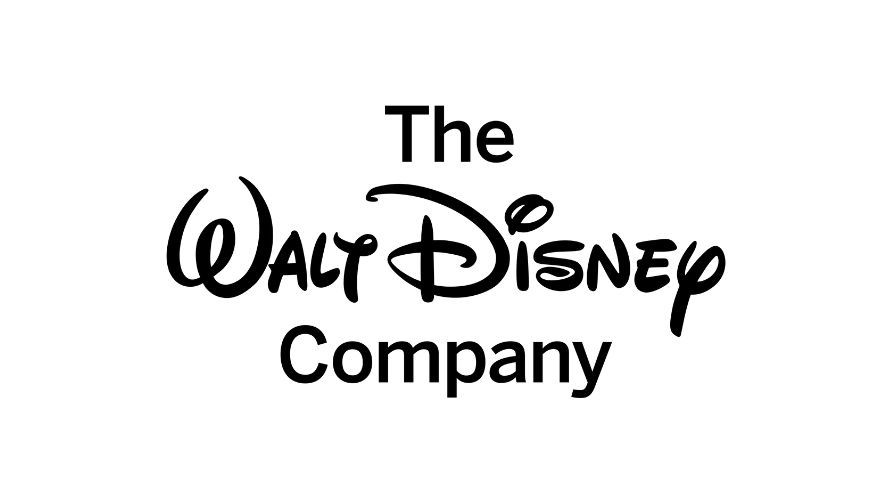Specialists in developing inclusive cultures in the workplace for over 35 years
Developing inclusive working cultures is the key to unlocking the business benefits of a diverse workforce and to meet the increasingly diverse needs of employees, customers and service users.
Designed as a comprehensive diversity, equity and inclusion (DEI) course for staff at all levels and departments, the Inclusive Cultures program is a fundamental course which will equip your teams with an understanding of the key principles of DEI and creating an inclusive culture.
Recently reviewed and improved by our two founding members, Jane Farrell and Femi Otitoju, this course is designed to create positive and impactful results. This 3-hour session can be delivered in-person at a location of your choice, or as a virtual classroom.
Our team has over 65 years’ combined experience leading inclusive cultures training workshops for all staff, for managers, and for senior leaders and decision-makers. With our support, you can foster a culture of inclusion that permeates all your business processes, decision-making mechanisms, and change initiatives, while also bolstering the engagement, productivity, wellbeing and trust of your employees.
Inclusivity and Decisions
Inclusive teams make better business decisions up to 87% of the time
Opportunity Loss
39% of job applicants have turned down a job due to a perceived lack of inclusion at the organization involved

Proven Learning Outcomes
What You'll Learn
Attend this course to gain:
- An understanding of the key principles of DEI and culture
- The skills to articulate the imperative and organizational benefits of equity, diversity and inclusion
- An understanding and confidence in taking account of identity and barriers to inclusion
- The confidence and tools to speak up against non-inclusive behaviors
- A clear idea for developing more inclusive and allyship behaviors, and how to personally contribute to an inclusive culture
Our DEI experts take the time to get to know any organization where we deliver this course by conducting thorough desk reviews and qualitative research with staff. This tailored approach ensures the Inclusive Cultures content can be adapted to meet your organization’s unique challenges by using scenarios, language and exercises your people will connect with and be able to apply in their working lives. There is also an off-the-shelf option for content that will resonate with your staff regardless of your industry and their role.
Towards systemic inclusion
What do we mean by inclusive cultures at work? And why are they so important?
An inclusive culture is one in which people and teams understand and adapt effectively to their social and cultural differences. These points of difference could stem from any aspect of workplace EDI, including protected characteristics, as well as other factors like class or educational background. In this sense, an inclusive culture captures a spirit of equity and belonging beyond what’s instantly apparent.
Inclusive leaders and managers display high levels of cultural adaptability and are experts in cross-cultural communication. They’re able to successfully address unconscious bias, defuse challenging behaviors, and demonstrate resilience in the face of organizational change. And they’re 3.5 times more likely to get the full potential out of the people who work for them.
Build an inclusive culture in your workplace & unlock the business benefit
get in touchWhat our clients say
Dive deeper into diversity, equity and inclusion
Check out our range of posts, resources and thought leadership on EDI at work.




